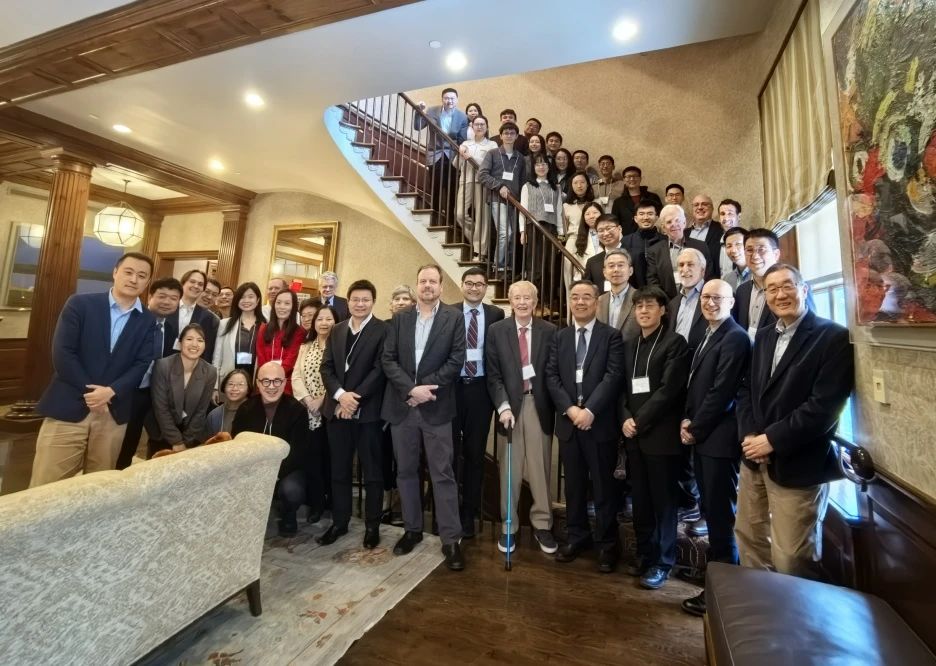The "Climate Change, Carbon Neutrality and Energy System Transformation (CNEST)" workshop was successfully co-hosted by the Harvard China Project and Tsinghua University’s Institute for Carbon Neutrality on February 12–14. Around 40 leading scholars from Harvard, Tsinghua, MIT, Peking University, Nanjing University, Hong Kong Baptist University, and other institutions delivered keynote speeches and exchanged insights. The forum aimed to advance Sino-US academic collaboration on carbon neutrality and explore multilateral cooperation under the CNEST framework.
In his opening address, Yang Bin, Vice President of Tsinghua University, highlighted the longstanding partnership between Tsinghua and Harvard and expressed hope for deeper cooperation in cutting-edge research on carbon neutrality and energy transition to support global climate governance.
Senior representatives from Harvard, including Vice Provosts Mark C. Elliott, John Shaw, and James H. Stock, SEAS Dean David C. Parkes, and Professor Robert N. Stavins, emphasized the critical importance of international and interdisciplinary collaboration in tackling climate change.
He Kebin, Director of Tsinghua’s Institute for Carbon Neutrality and CAE Member, and Michael B. McElroy, Chair of the Harvard China Project and AAAS Fellow, delivered remarks on behalf of the organizing institutions. Both reaffirmed the value of sustained partnership and proposed future collaborations in areas such as energy system resilience, carbon monitoring, methane control, and joint publications.
The workshop featured eight thematic forums: Energy System Transition – Modeling, chaired by Chris P. Nielsen, with reports on wind power forecasting and PV sustainability. Economy-Wide Decarbonization, chaired by Frank Keutsch, covering the CNEST framework and decentralized energy solutions. Economics and Policies in Power and Transport, chaired by Mun S. Ho, discussing electricity market design and EV charging challenges. Air Quality and Health Co-Benefits, chaired by Ernani Choma, featuring analyses of pollution regulation and health impacts. Renewable Power and Grids, chaired by Audun Botterud, focusing on carbon accounting and grid modernization. Transport Decarbonization, chaired by Wang Haikun, addressing EV charging patterns and zero-carbon freight. Building Decarbonization, chaired by John D. Spengler, on digital tools and low-carbon design. Industrial Decarbonization, chaired by Nicola De Blasio, with reports on electrification pathways in chemical and ammonia production.

 Latest recommendations
Latest recommendations


